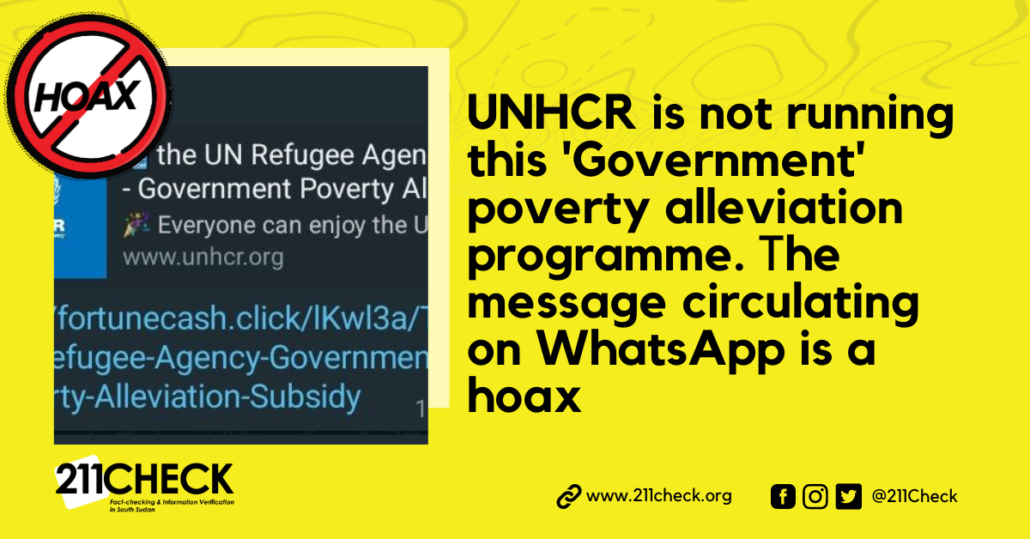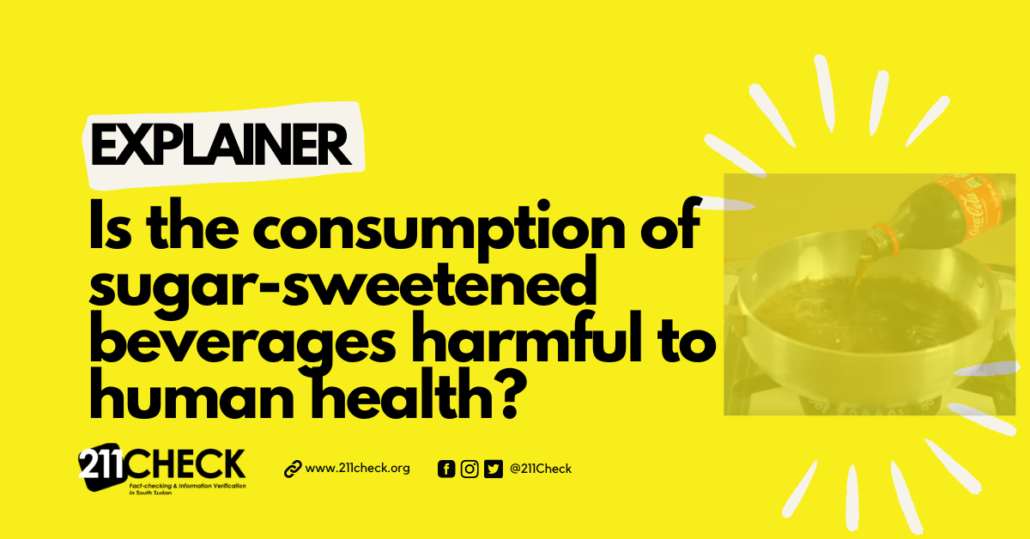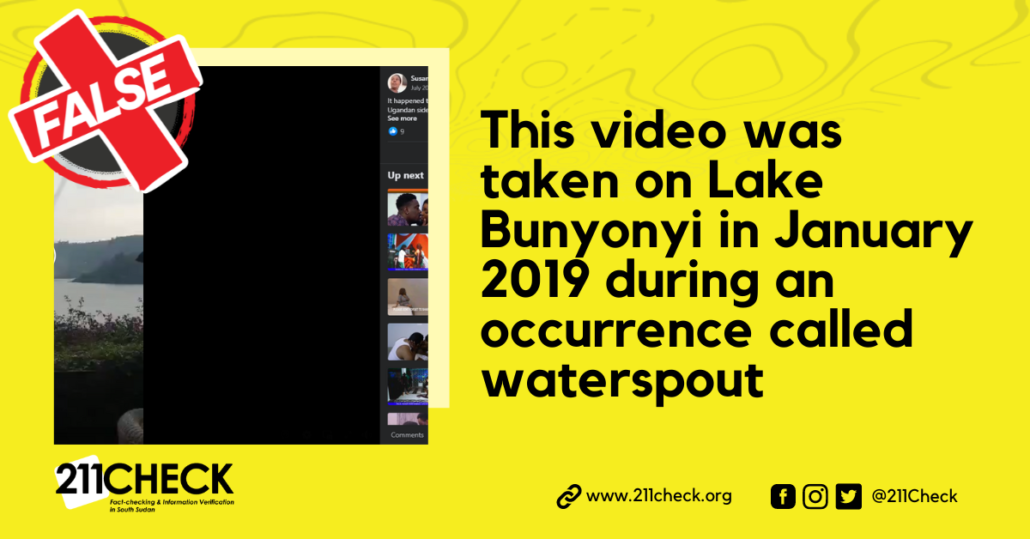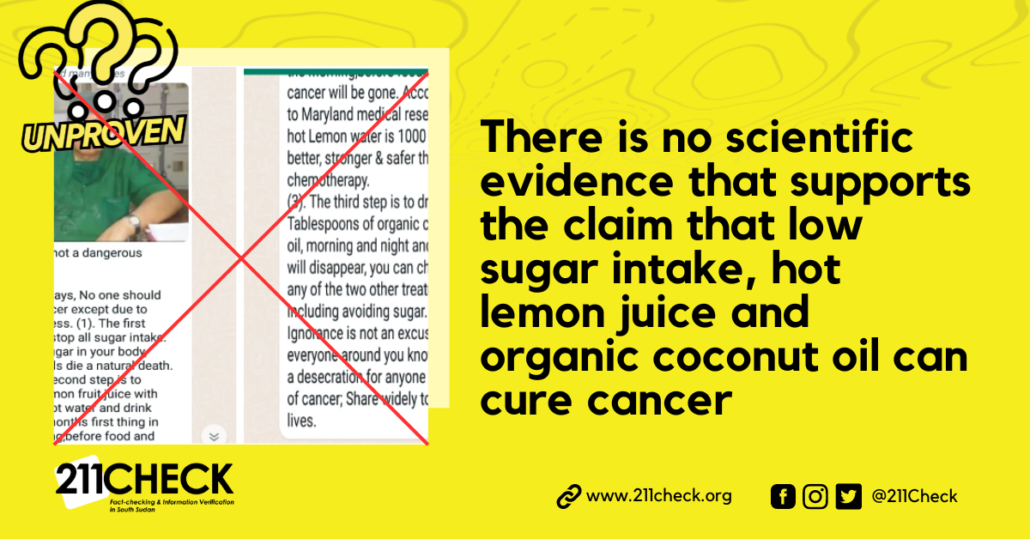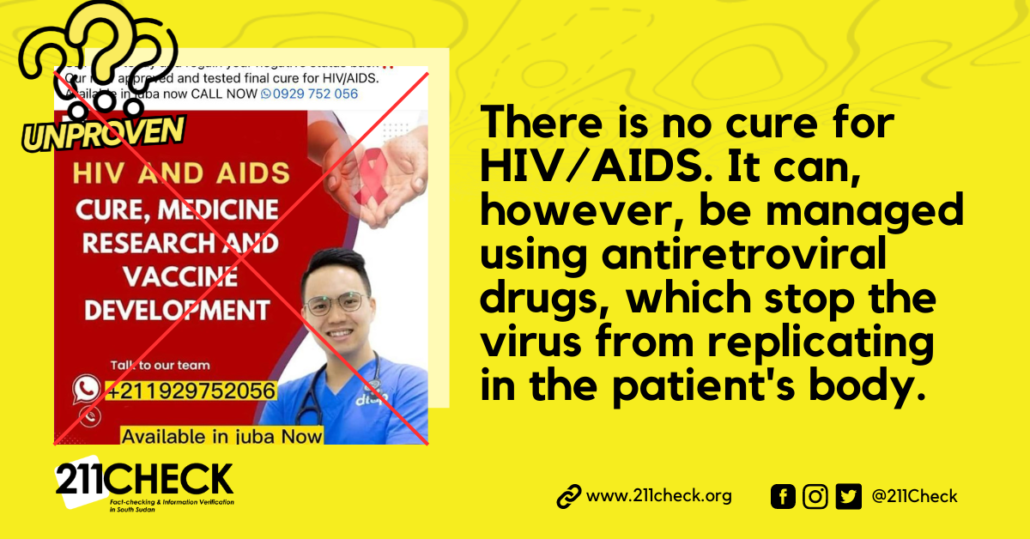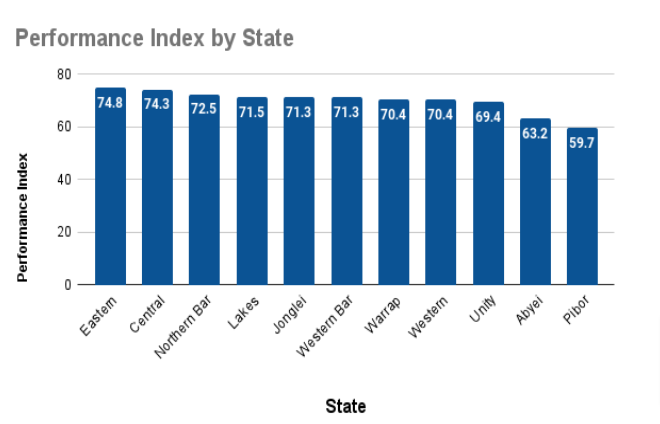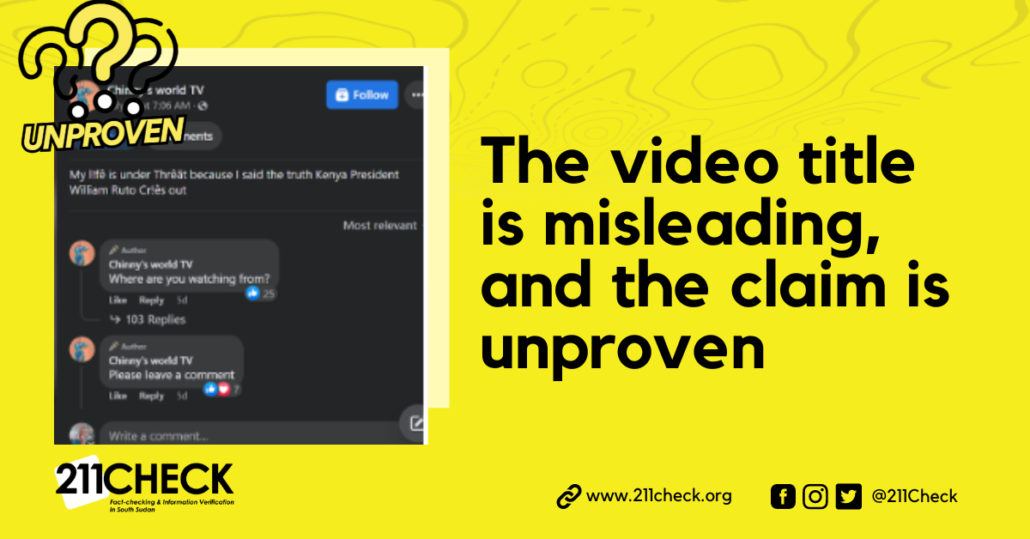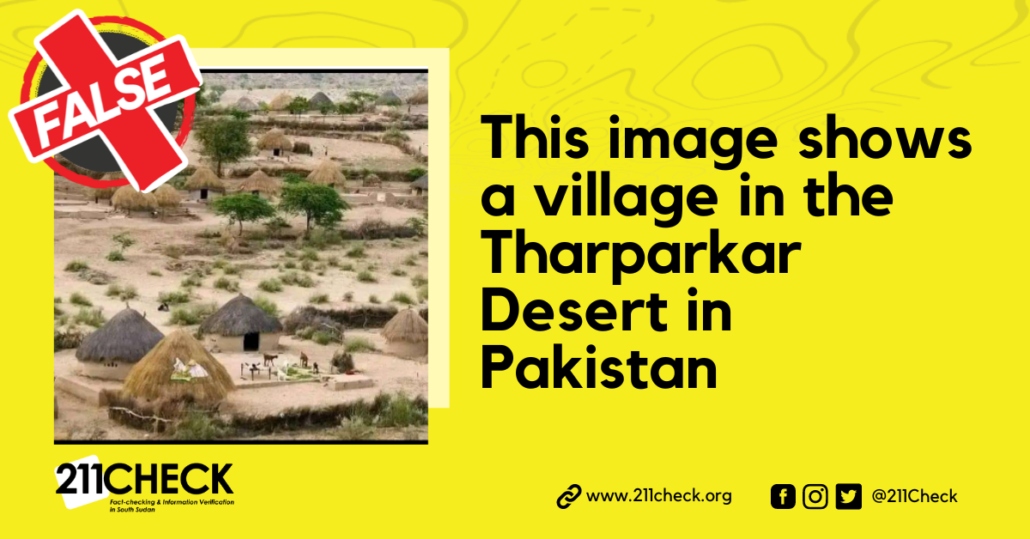Fact-check: Is UNHCR running this poverty alleviation programme?
No, the message circulating online is a hoax.
Writer: Ochaya Jackson
A widely circulated WhatsApp message claiming that the United Nations High Commissioner for Refugees (UNHCR) is running a poverty alleviation programme of up to KSh 107,736 thousand is a hoax.
On clicking the forwarded link, the site claims that the UN refugee agency has a government poverty alleviation subsidy and users are directed to a questionnaire that asks whether one knows UNHCR, the person’s age, one’s opinion about UNHCR, and the person’s gender.
After answering the four questions, it directs one to randomly choose one of the six boxes to win the prize.
After that, it states that one needs to share with five groups or 20 friends on WhatsApp in order to inform them about the promotion, and it requires an address to complete the registration before the gift is to be delivered within 5-7 days.
211 Check Investigation
A keyword search using “UNHCR government poverty alleviation subsidy” returned no such programme or subsidy.
However, there is a related refugee agency’s poverty alleviation coalition “for economic inclusion” in partnership with the World Bank and other 13 non-government organisations.
The search result on Google also returned that the same claim was widely shared among WhatsApp users in Uganda in July 2023, which PesaCheck debunked as a hoax.
On further investigation, we found that the site’s Uniform Resource Locator (URL) link in the claim is flagged as dangerous and suspicious by Web Paranoid, a cyber security tool for checking the authenticity of the website. It also established that there is no link from the claim’s URL to any social media account or page, and the website was created less than half a year ago.
A Virustotal analysis of the claim’s URL also categorised it as malicious, malware, suspicious, and phishing.
The advert’s url also uses an outdated protocol which is not secured and supported on some devices.
A Whois domain search of the site’s URL shows that the domain name, which is different from the UNHCR’s domain, was registered in March 2023 and expires next year in March 2024.
The screenshot shot of the claim link’s domain data
Meanwhile, the WHOIS information on the UNHCR’s global website shows that its domain was registered in May 1997, and expires in May 2024.
The screenshot of the UNHCR WhoIs data
The website domain name fortunecash.click is also not consistent with the URLs of official organisations or institutions which usually have ‘.org’ in their URLS as is the case with the authentic UNHCR website.
It is clear that the domain does not match that of the legitimate UNHCR website, and there is no advertisement of such kind on its website including social media accounts.
Conclusion:
The site appears to have impersonated UNHCR’s poverty alleviation coalition program that seeks to empower refugees and host communities around the world to overcome poverty.
However, the claim that UNHCR is running a government poverty alleviation subsidy is a hoax designed as a phishing scam to lure people to provide their personal information.
This fact check was published by 211 Check with support from Code for Africa’s PesaCheck and the African Fact-Checking Alliance.
To ensure accuracy and transparency, we at 211 Check welcome corrections from our readers. If you spot an error in this article, please request a correction using this form. Our team will review your request and make the necessary corrections immediately, if any.
It’s important to fight misinformation and disinformation in the media by avoiding fake news. Don’t share content you’re uncertain about. False information can harm and mislead people, risking their lives. Fact-check before sharing. For more details, visit https://211check.org/ or message us on WhatsApp at +211 917 298 255. #FactsMatter

